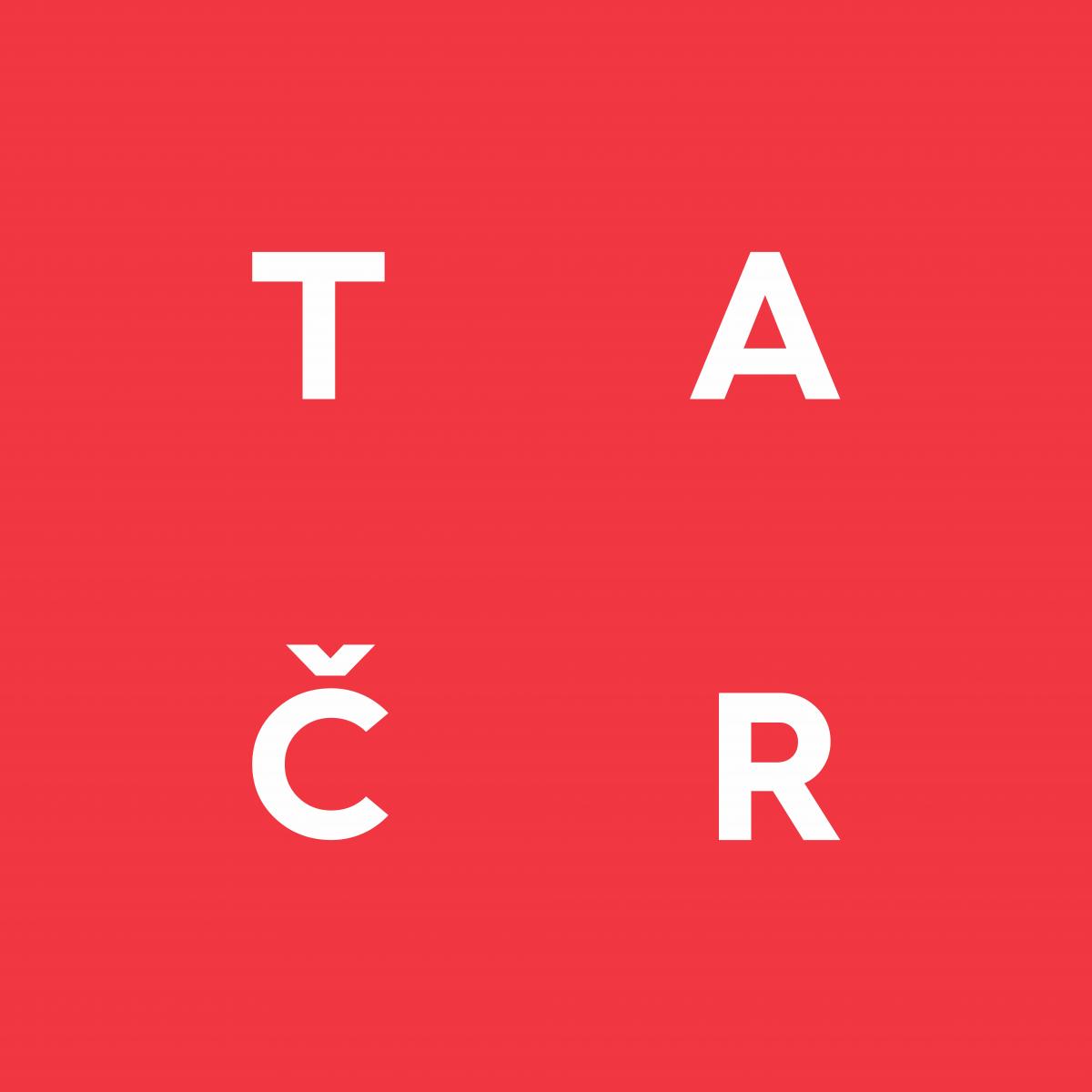
PROJECTS REALIZED BY DEPARTMENT

Development of the Institute for Nanomaterials, Advanced Technologies and Innovations of the Technical University of Liberec
LO1201
The project's main objective is to support the use of the newly built research infrastructure - the Cxl University Department, its newly constructed building, the many purchased state-of-the-art instruments and equipment and the newly created high-quality research teams.
The implementation of the submitted Cxl++ project will significantly contribute to the efficiency of the use of this infrastructure, its stability, long-term sustainability, and its further systemically managed development while maintaining the set structure of the professional profile of the University Centre. Cxl has established many relationships with external partners from the public and private spheres of economic practice. During the Cxl++ project, the Institute for Nanomaterials will focus on these relationships' intensive and extensive development. In the search for additional partners, it focuses mainly on foreign countries. The subject of the present Cxl++ project is a set of seven research topics of the Cxl University Institute.
The selected topics are expected to be addressed through research, development and innovation activities. All topics proposed for funding in the Cxl++ project submitted to the NPU I programme develop relevant expertise, advance the state of knowledge and technology and have a high potential to produce valuable outputs that will contribute to the competitiveness of the Czech industrial research team. The seven topics labelled T1-T7 submitted for funding need to be more technically coherent. Still, each case aligns with the technical profile of implementing one of the two research programmes Competitive Engineering or Materials Research, which have been described in detail in the respective project funded under OP VaVpl.
The stabilisation of the research environment of the Cxl department will also strengthen the cooperation in research and development within TUL. The Cxl department as a whole will, among other things, strengthen its interdisciplinarity and will allow new impulses and approaches from TUL faculties to enter its research activities.
